Although Germany has nearly 60,000 hectares of agricultural land. The terrain, climate and soil here have many advantages for agricultural development.
In recent years, the district has focused on developing a number of potential crops such as macadamia, pepper, rubber, vegetables, sweet potatoes, cashews, flowers...
Currently, the district is promoting the implementation of Resolution No. 18-NQ/TU dated August 17, 2022 of the Provincial Party Committee on agricultural development adapting to climate change, linked to the market by 2025, with a vision to 2030.

The Department of Agriculture of Tuy Duc district has actively promoted and supported people to introduce new crop varieties with high productivity and quality, suitable for the district's climatic conditions into production.
The district focuses on implementing the project of developing macadamia trees in the communes. The district's Department of Agriculture has organized a review of land funds, guided localities and farming households to convert areas of ineffective short-term crops, low-yield rubber growing areas, and coffee and pepper growing areas with difficulty in irrigation water to grow macadamia.
In particular, the district encourages priority development of macadamia planting in 4 communes with high adaptability including Quang Truc, Dak Buk So, Quang Tam, Dak R'tih.

Up to now, the whole district has developed nearly 3,600 hectares of macadamia. Initially, the district has formed a large-scale specialized macadamia production area in Quang Truc commune, with an area of over 1,000 hectares.
In addition to developing macadamia trees, the district also aims to develop cashew trees in Dak Ngo commune. In particular, the district propagates and guides farmers to gradually convert the entire cassava growing area, sloping land, thin soil layer, and difficulty in irrigation water to growing grafted cashew trees. Up to now, the district has developed over 8,640 hectares of cashew trees in Dak Ngo commune.
The entire district currently has over 11% of vegetable and flower cultivation area applying high technology in production. About 57% of the district's coffee area has been converted to new varieties with high productivity and quality, with varieties such as TRS1, TR4, TR9, dwarf green, and vine coffee.
Tuy Duc district has built high-tech agricultural production models for farmers. Notable models include: producing melons in greenhouses; growing pepper, longan, durian, macadamia using drip irrigation and water-saving irrigation technology; producing organic microbial fertilizers from coffee husks; using biological products to prevent diseases on pepper and fruit trees; testing new rice varieties Ly 2099, VT404, ST 24; growing red lingzhi mushrooms under cashew trees; producing Japanese potato varieties from F1 tissue cultured plants.
Technologies applied in agricultural production in Tuy Duc mainly include: greenhouse and net house cultivation techniques; water-saving irrigation; application of production processes according to GAP standards; use of biological products in pest control...
High technology helps farmers reduce risks caused by negative impacts of weather on agricultural production, save costs, increase productivity, lower product prices, improve the quality of agricultural products, and contribute to environmental protection.

Ms. Phan Thi Khuong, Deputy Head of the Department of Agriculture and Rural Development of Tuy Duc district, assessed that agricultural production adapting to climate change is having a positive impact on farmers and the changes are becoming increasingly clear.
The application of scientific and technical advances and the introduction of new plant and animal varieties into production have been promoted by the district, bringing about encouraging results, gradually adapting to climate change.
"Not only does it contribute to restructuring the agricultural sector and creating livelihoods for people, but agricultural production adapting to climate change also contributes to increasing forest cover and effectively protecting the ecological environment," Ms. Khuong shared.
Source: https://baodaknong.vn/tuy-duc-phat-trien-nong-nghiep-thich-ung-bien-doi-khi-hau-228931.html


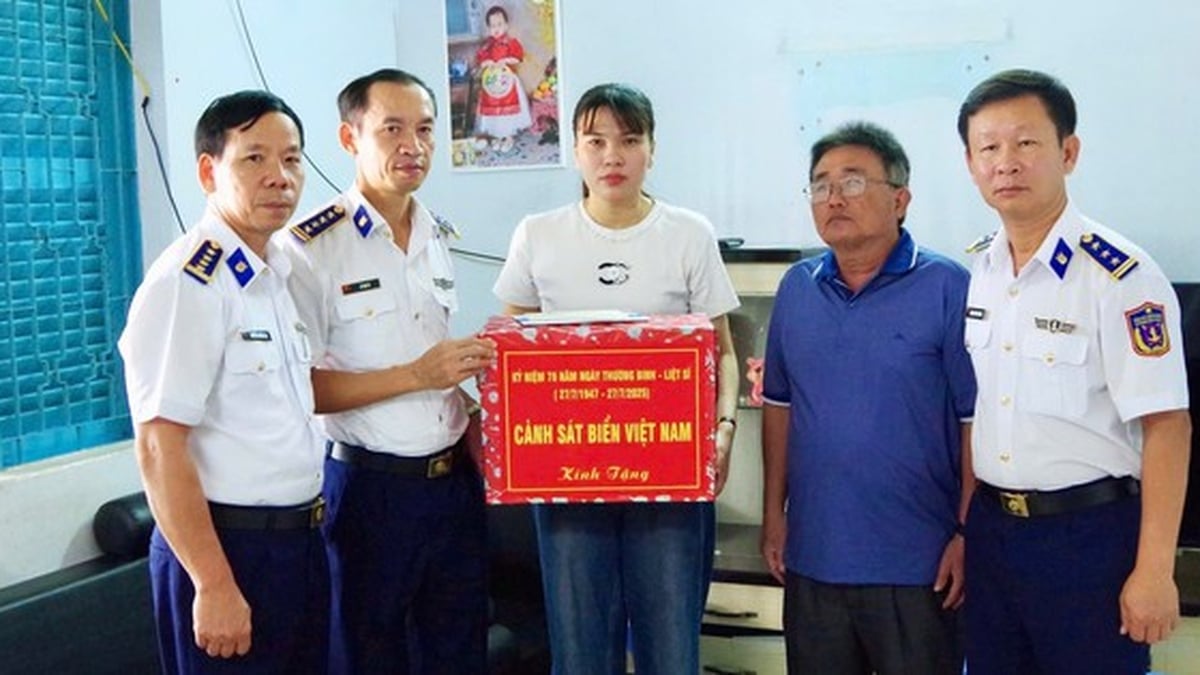
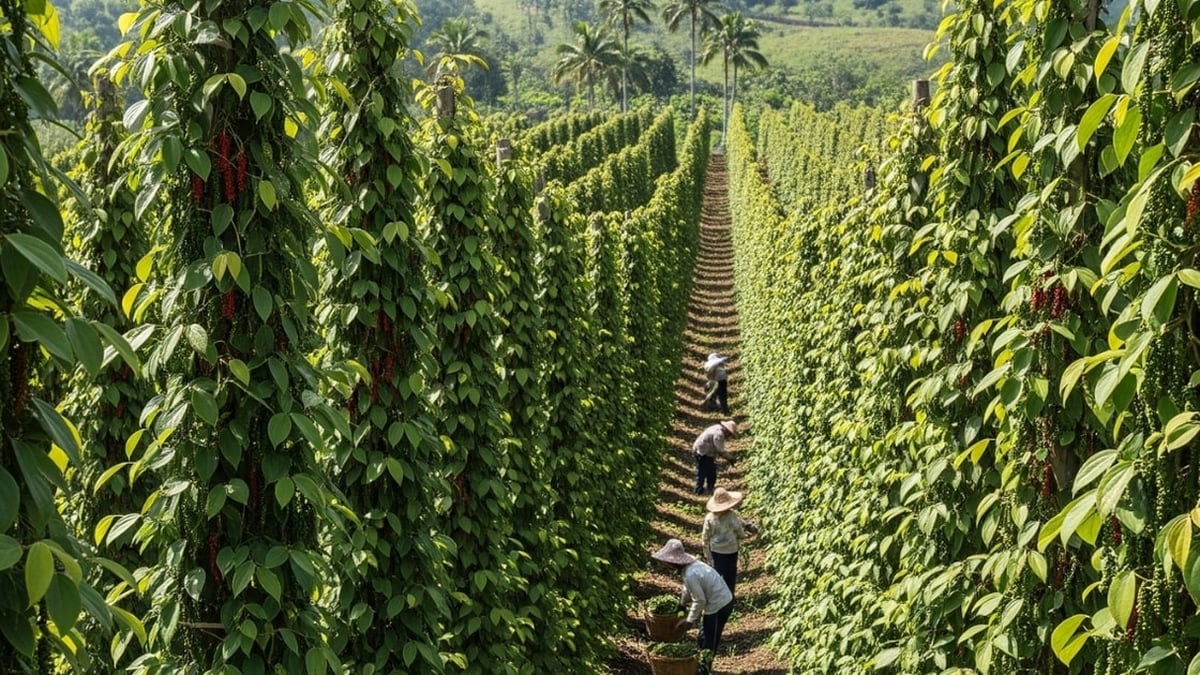
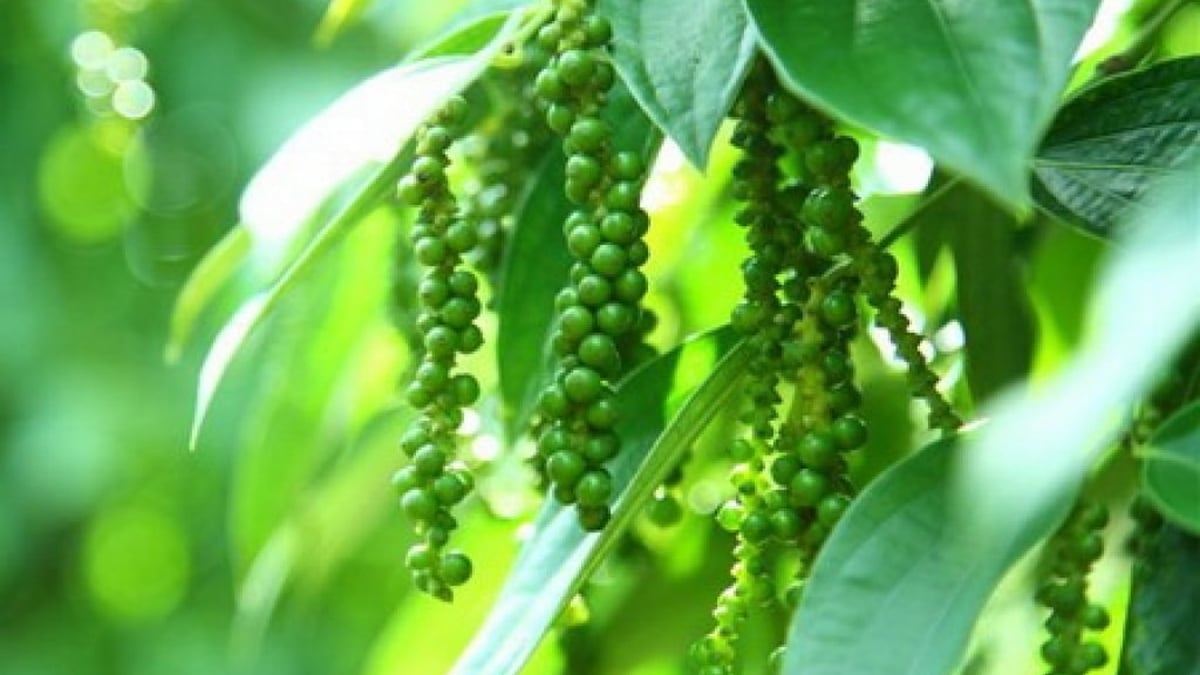

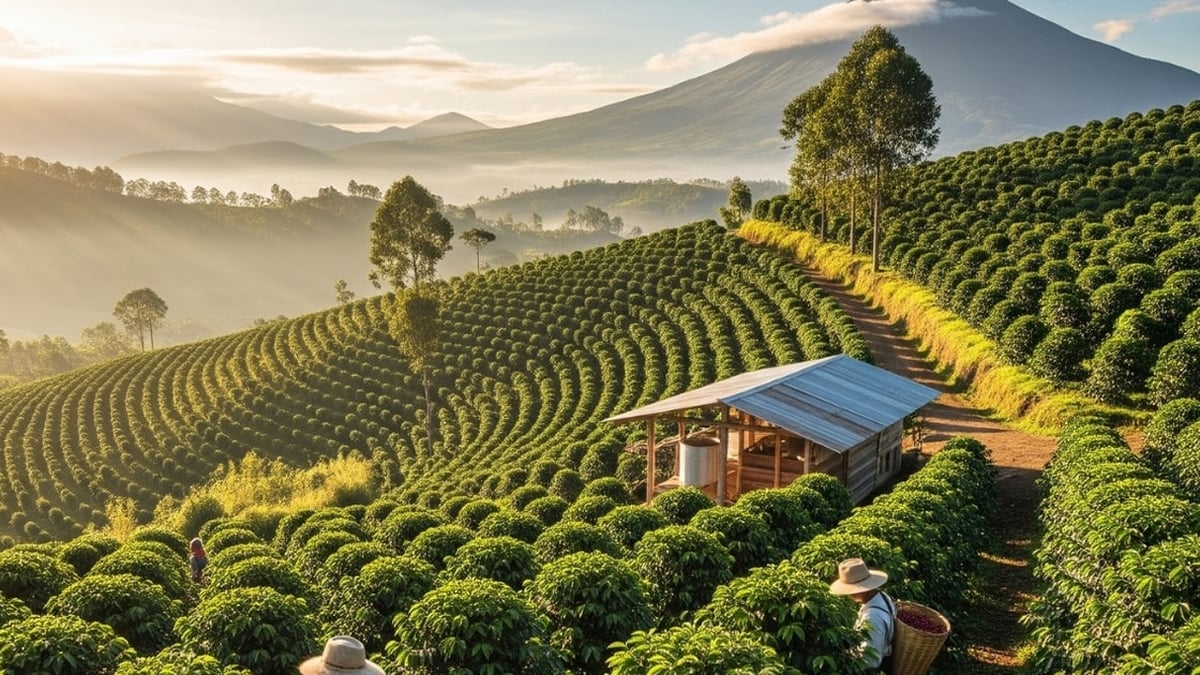
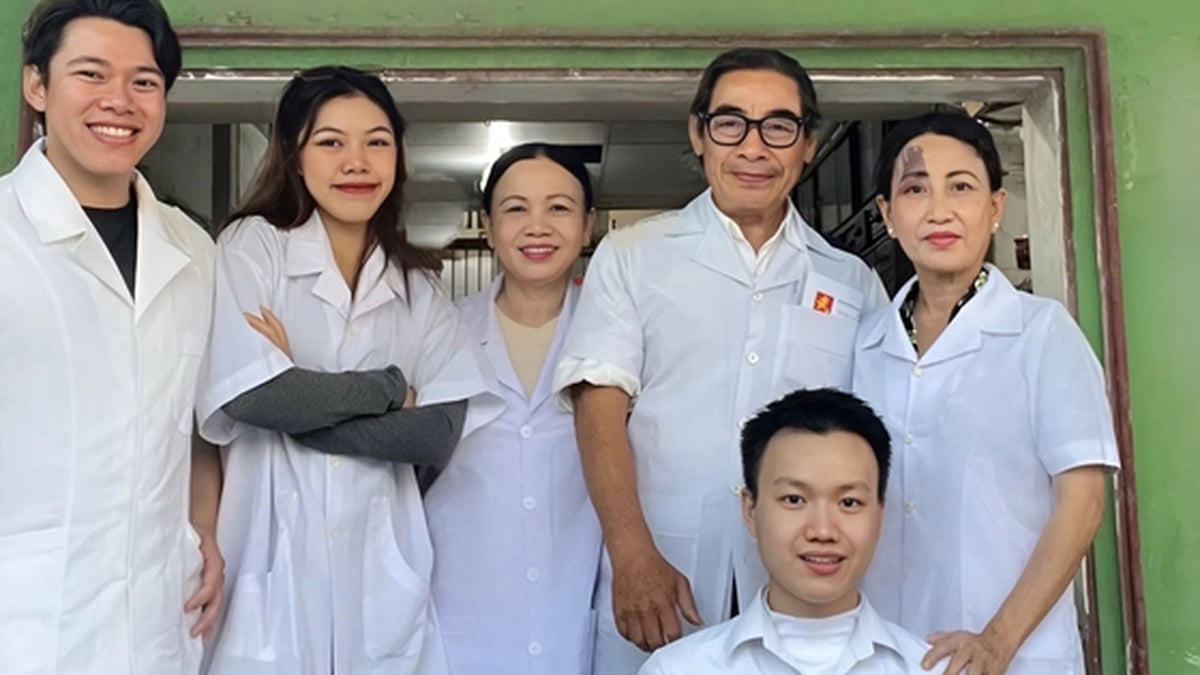
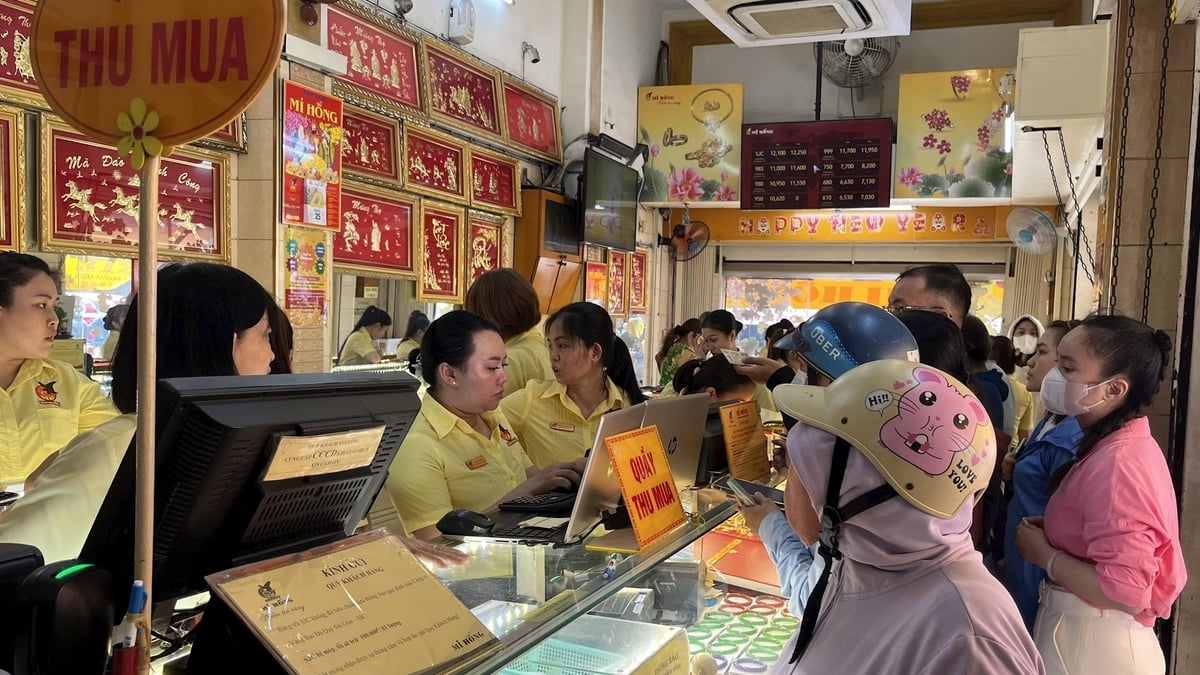
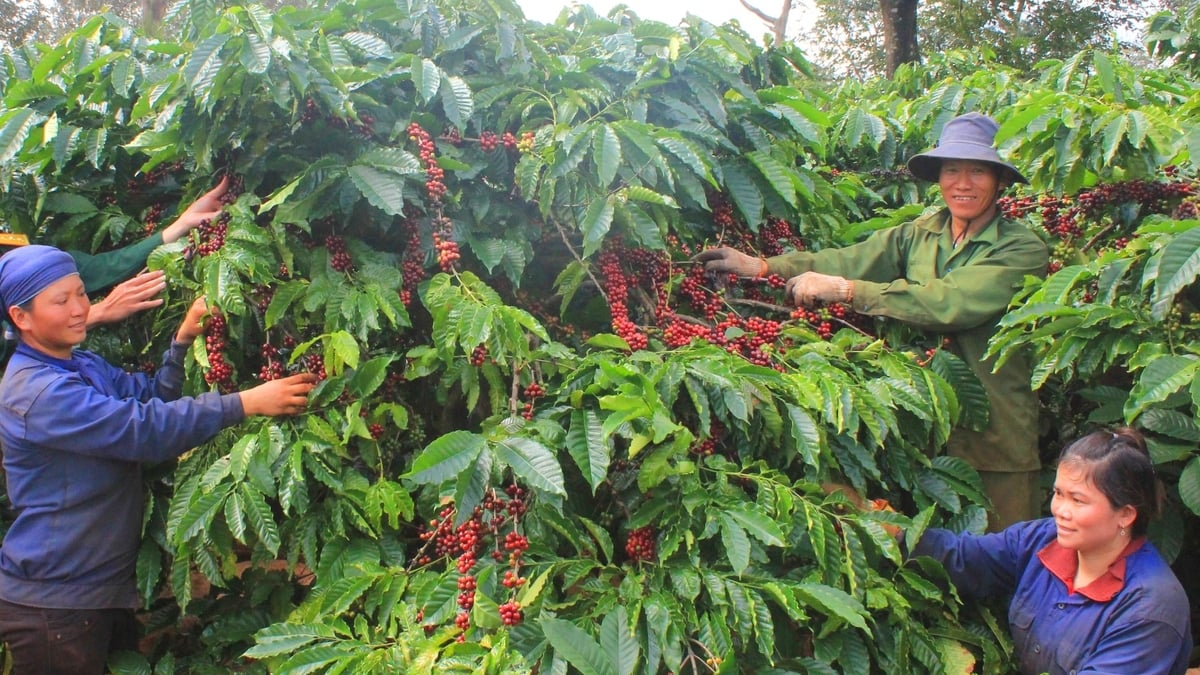























































































Comment (0)